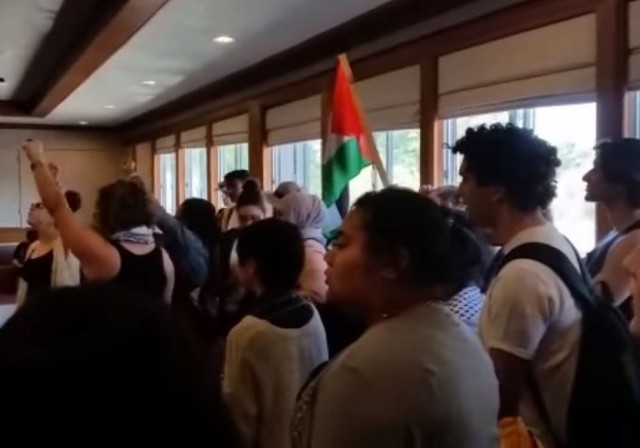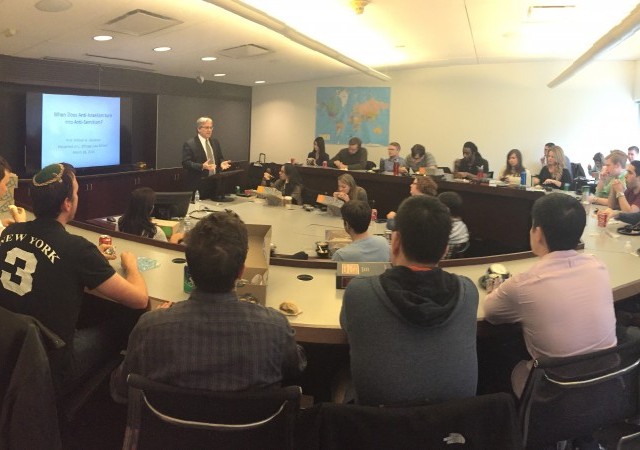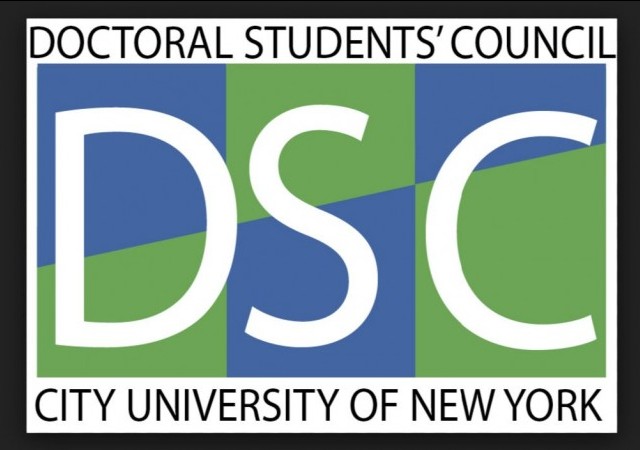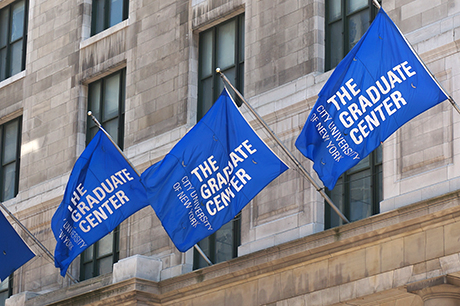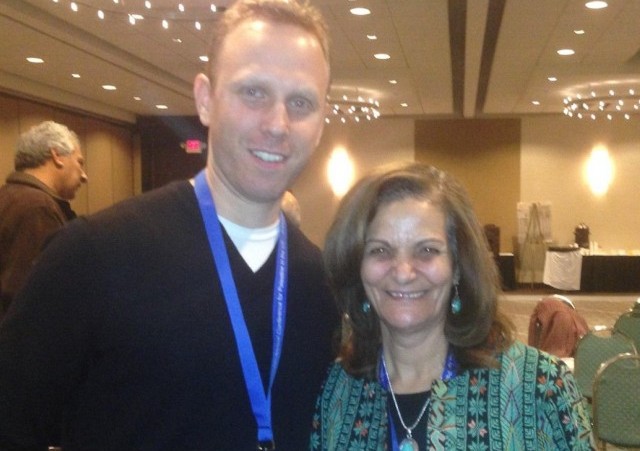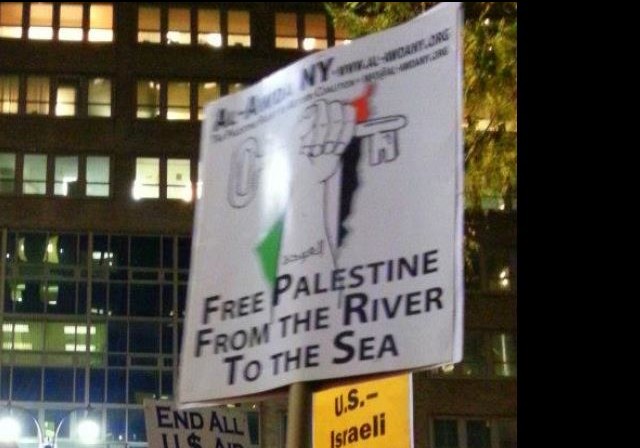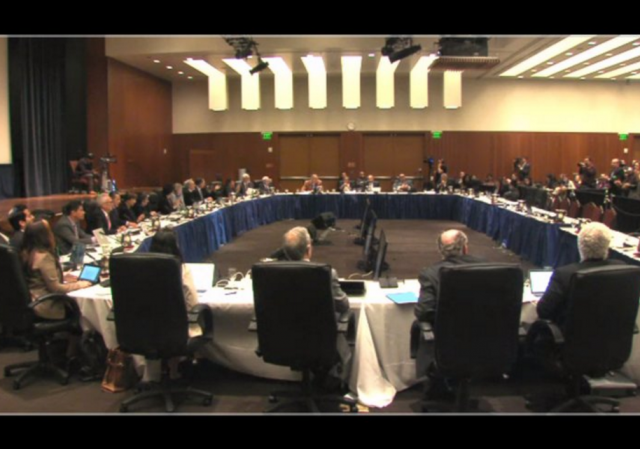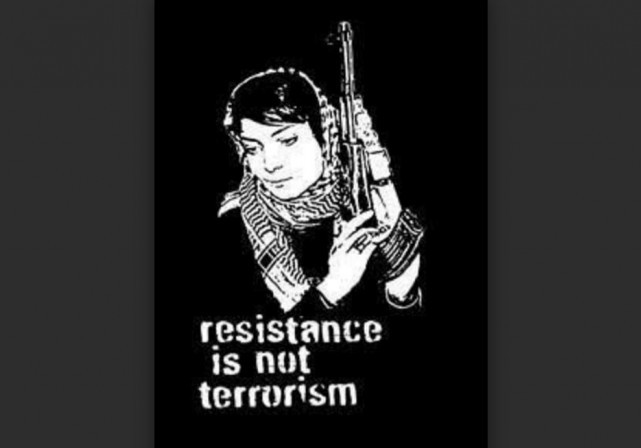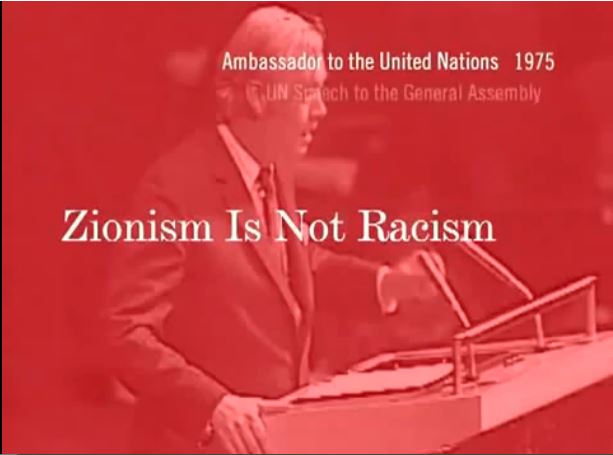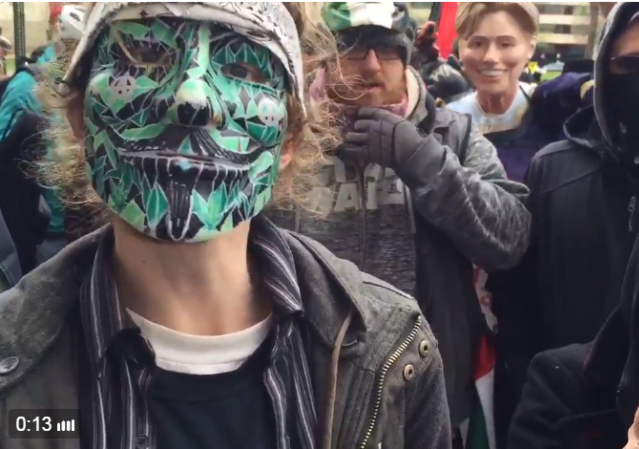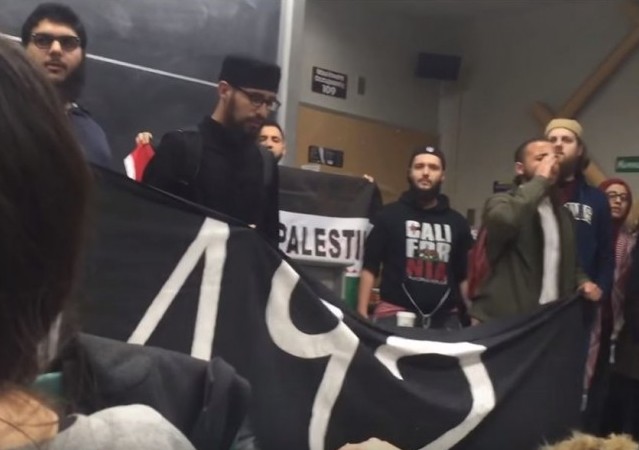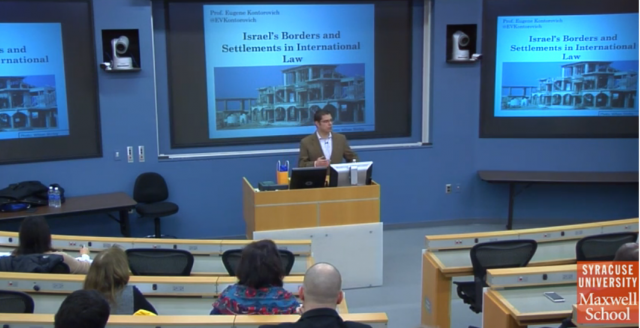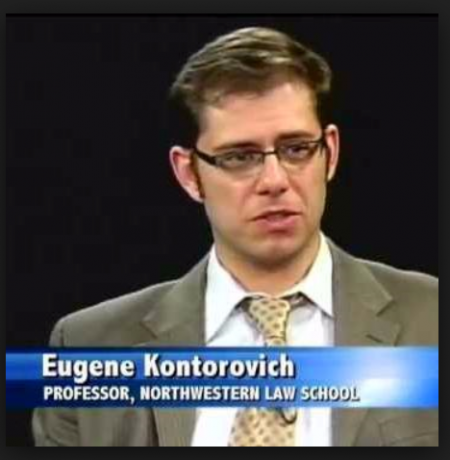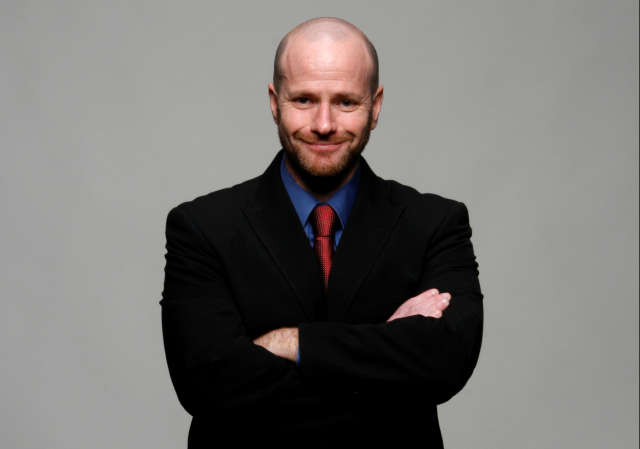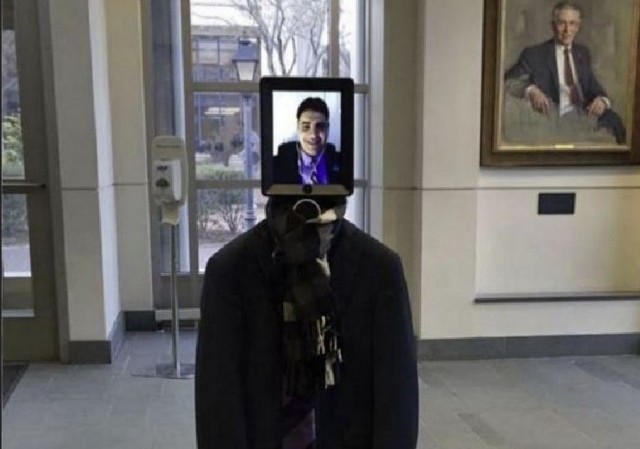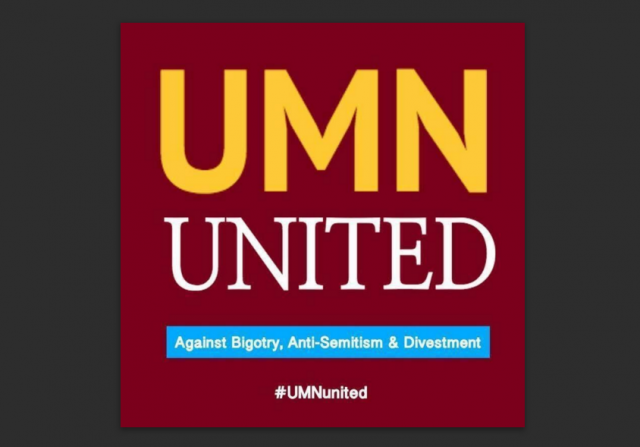Unitarian Universalist Association joins anti-Israel divestment effort
on April 10, 2016
13 Comments
In a recent post, we highlighted how Boycott, Divestment, and Sanctions (BDS) is being promoted in America’s liberal Protestant churches.
As we discussed, a malicious strain of anti-Israelism has taken root in these progressive churches largely because of a deep-seated organizational dysfunction:
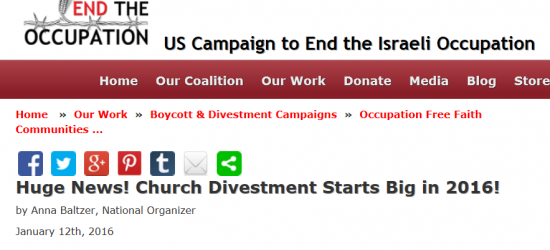 Our focus in the prior post was on three U.S. mainline churches—the Presbyterian Church (PCUSA), the United Methodist Church (UMC) and the Unitarian Universalist Association (Church) (UUA). All three will feature a number of anti-Israel resolutions at their annual meetings this spring.
"Officials" of the Unitarian Universalist Association (UUA) recently decided to divest from three companies in its portfolio that do business in Israel and allegedly assist in the violation of Palestinian rights. That investment decision is not the end of the story, however.
Our focus in the prior post was on three U.S. mainline churches—the Presbyterian Church (PCUSA), the United Methodist Church (UMC) and the Unitarian Universalist Association (Church) (UUA). All three will feature a number of anti-Israel resolutions at their annual meetings this spring.
"Officials" of the Unitarian Universalist Association (UUA) recently decided to divest from three companies in its portfolio that do business in Israel and allegedly assist in the violation of Palestinian rights. That investment decision is not the end of the story, however.
A vocal and strong minority within the church have led the charge, aided and abetted by a host of venomously anti-Israel Palestinians and their useful fools—a coterie of Jewish enablers. Together, they’ve pushed hard for divestment and boycott initiatives against Israel, gaining an institutional footing by exploiting the language of human rights, monopolizing the discourse, and drowning out dissenting voices”.
 Our focus in the prior post was on three U.S. mainline churches—the Presbyterian Church (PCUSA), the United Methodist Church (UMC) and the Unitarian Universalist Association (Church) (UUA). All three will feature a number of anti-Israel resolutions at their annual meetings this spring.
"Officials" of the Unitarian Universalist Association (UUA) recently decided to divest from three companies in its portfolio that do business in Israel and allegedly assist in the violation of Palestinian rights. That investment decision is not the end of the story, however.
Our focus in the prior post was on three U.S. mainline churches—the Presbyterian Church (PCUSA), the United Methodist Church (UMC) and the Unitarian Universalist Association (Church) (UUA). All three will feature a number of anti-Israel resolutions at their annual meetings this spring.
"Officials" of the Unitarian Universalist Association (UUA) recently decided to divest from three companies in its portfolio that do business in Israel and allegedly assist in the violation of Palestinian rights. That investment decision is not the end of the story, however.


